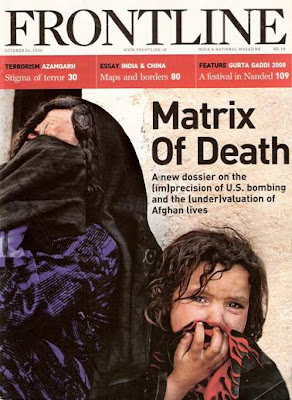I believe my word cloud really sums up my blog really well. Most of the terms are about topics regarding politics or the economy. That is what I wrote a majority of my blogs on. The funny thing is I was not really into or knowledgeable about politics or news. The blog, publication, and the letter assignment changed this. While doing research for these assignments, I learned a great deal about different topics. For example, I learned the reasons behind the financial meltdown of 2008, and the wealth distribution problems in the United States. I learned about local issues in Syracuse such as hydrofracking and drone use and the many social and political implications that surround these issues.
I think I have also improved my writing skills somewhat from the beginning of the semester. I am now finding it easier to organize my thoughts while working on the assignments. I think I am doing a better job in making points and backing them up with good evidence. I am using the rhetorical appeals really well in my writing.
Although blogging for the first time was interesting, I don’t have plans to continue my blog. It was really tedious and time consuming. However, I believe that the work I have done in Writing 105 this semester will help me a great deal throughout the rest of my college career.













